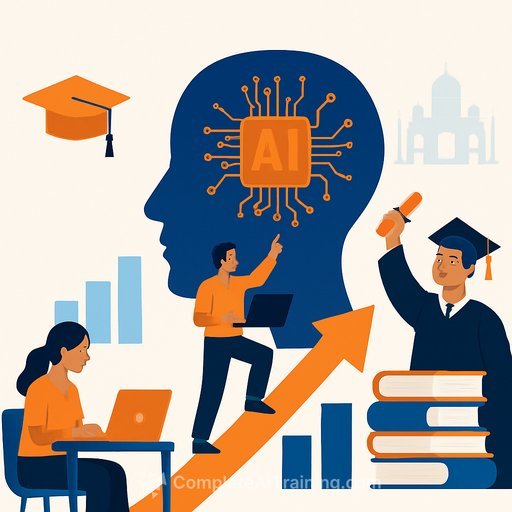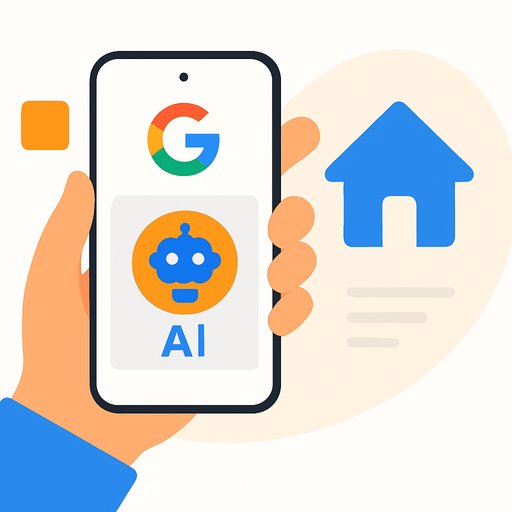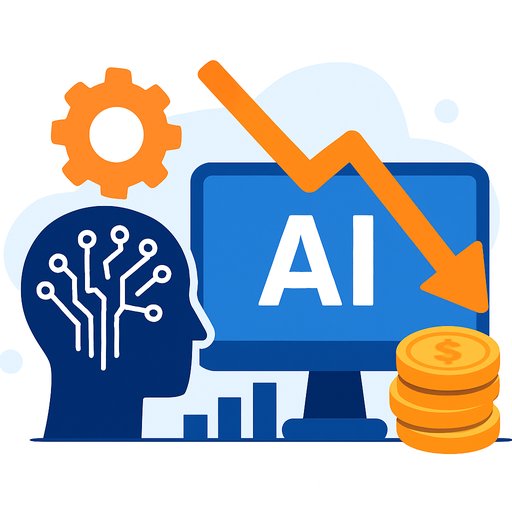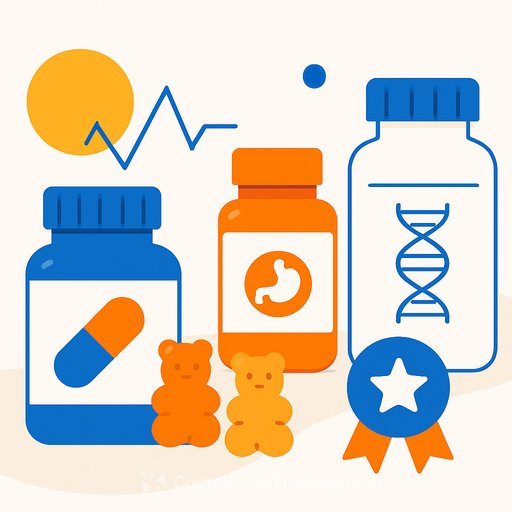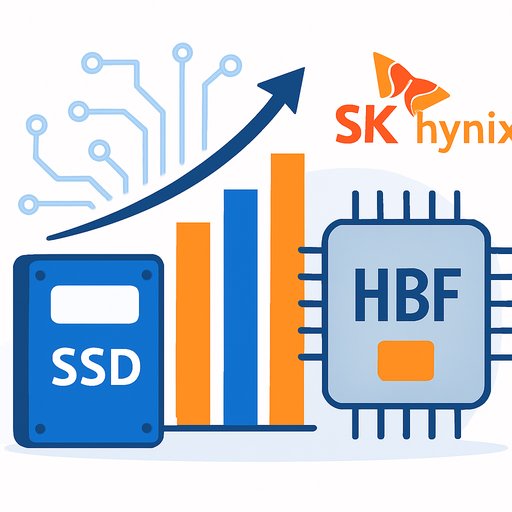India's Engineering Paradox: From Degree-Holders to Product-Ready Builders
On World Engineering Day, India stands at a crossroad. Millions of engineering graduates, yet too few who can ship product, own outcomes, and handle ambiguity.
In a candid conversation, Dr. Sudatta Kar, Vice President of Engineering and R&D (India) at Capgemini, lays out a clear plan: build adaptive, AI-fluent, full-stack thinkers who work across domains and deliver with speed and responsibility. The message is blunt and useful for anyone in product development-move beyond code to impact.
World Engineering Day is a reminder: degrees don't build products-skills, systems, and culture do.
What the Curriculum Misses-and How to Fix It
Academic programs are strong in theory but light on application. The missing pieces are the ones that make products ship and scale.
- Technical gaps: real-world problem-solving, systems thinking, cloud, DevOps, AI/ML fundamentals, embedded/VLSI exposure, and end-to-end delivery.
- Soft-skill gaps: critical thinking, collaboration, adaptability, and product judgment.
Capgemini's answer is an ecosystem play: embed industry skills into universities and make learning hands-on.
- Co-designed curricula in Intelligent Industry, 5G, Embedded, VLSI, MBSE, PLM, Cloud, DevOps, and Full-Stack Development.
- Internships, labs, hackathons, faculty upskilling, and mentorship-approved with academic bodies, executed with rigor.
The Full-Stack Engineer: A Mindset, Not a Title
Forget the narrow specialist box. Capgemini develops full-stack thinkers who expand horizontally while going deep in one vertical.
Careers grow like a spider web: broader skills, verified depth, and market-recognized certifications. Learning isn't a course-it's a system.
- Blended learning via "Next" and "LEAD," with curated full-stack paths and 24x7 access to 250,000+ courses and 3 million activities.
- Job rotations, internal gigs, hackathons, and think tanks that solve real problems with emerging tech.
The goal: move engineers from task executors to solution architects who own outcomes end to end.
AI Is Rewriting the Engineer's Job Description
Capgemini treats AI as an amplifier. Less boilerplate, more prototypes. Less busywork, more value.
- AI in the lifecycle: AI tools and in-house accelerators boost speed and accuracy across the SDLC.
- New roles: prompt engineer, MLOps specialist, AI systems engineer, data-driven design engineer, edge AI engineer, AI product owner, AI ethics specialist.
Engineering shifts from code-centric to data- and outcome-centric. Fluency in data, domain, and design thinking becomes core.
Turning Anxiety Into Advantage: AI as Co-Pilot
The fear is real: "Will AI replace me?" The answer is control what you can-skills, tools, ownership.
- AI Academy Practitioner's Program: hands-on tracks in Python, ML algorithms, statistics, and NLP for both technical and functional roles.
- AI Literacy for All: mandatory programs, "AI for Engineers" bootcamps, GenAI labs, and certifications.
- Engineers build internal AI tools, creating a culture of experimentation and product thinking.
If you're building product teams, this is the blueprint: make AI a teammate and measure output, not activity. For structured self-learning, see resources like popular AI certifications.
Winning the Talent War: Why Builders Choose to Stay
Salary opens doors; culture and purpose keep people in the room.
- Values and trust: Honesty, Boldness, Trust, Freedom, Fun, Modesty, Team Spirit-backed by 13 consecutive years as one of the World's Most Ethical Companies.
- Human-centric practices: well-being focus, regular feedback, quarterly promotions, and leadership that treats change as employee-led.
- Career upside: global mobility, Fortune 500 projects, sustainability and digital inclusion work, and internal marketplaces for gigs and growth.
The strategy is clear: build career longevity, not just short-term satisfaction.
GCCs: From Back Office to Product and Platform Owners
Global Capability Centres in India now own mandates that matter-AI, cloud engineering, data science, platform work. The bar is higher.
- Demand spikes in product thinking, design-led development, and platform engineering.
- Cross-functional collaboration with global teams makes communication and cultural fluency non-negotiable.
- Capgemini partners with GCCs to co-develop talent pipelines and innovation labs.
For product leaders, this means your hiring spec must blend domain depth, engineering rigor, and business outcome focus.
2030: The Defining Trait of a Successful Engineer
Adaptive intelligence. The ability to mix technical depth with AI fluency, ethics, and cross-disciplinary collaboration-then learn again when the ground shifts.
- Embed AI literacy across roles and make learning continuous.
- Run agile, interdisciplinary teams with strong design and data practices.
- Invest in digital infrastructure, ethical AI frameworks, and human-centered delivery.
- Use labs, simulations, and cross-functional projects to build judgment, not just skills.
Leadership Lesson: Autonomy + Purpose Outperforms Everything
Empower engineers to explore and solve problems their way. Give them a clear line of sight from task to customer, product, and society.
Psychological safety, mentorship, and real-world exposure build both technical depth and leadership muscle. Develop people for the problems they'll face next, not the ones they solved last quarter.
Advice to Aspiring Engineers
"Don't just learn to code-learn to learn, learn to think, and learn to adapt."
The market rewards those who solve real problems, work with empathy, and learn faster than change itself.
Your membership also unlocks:

